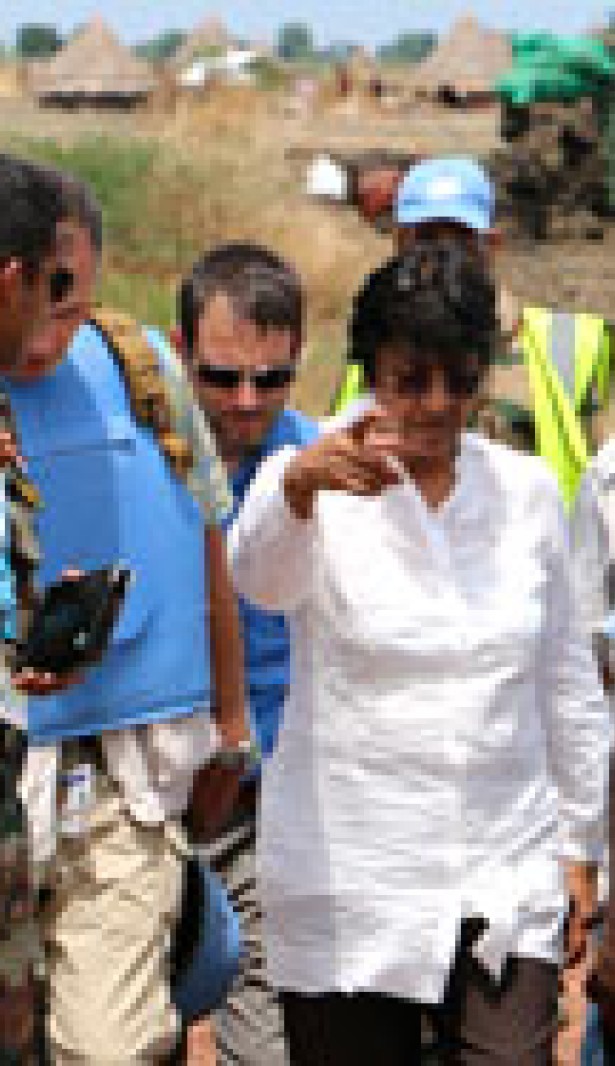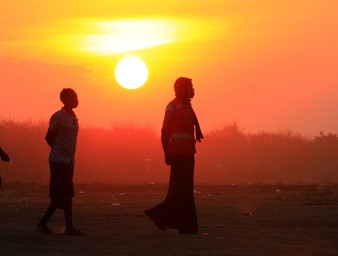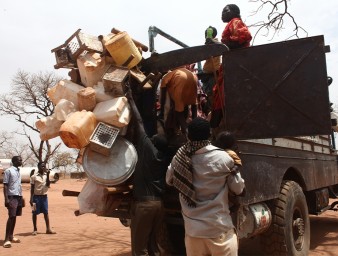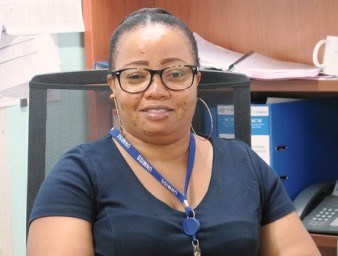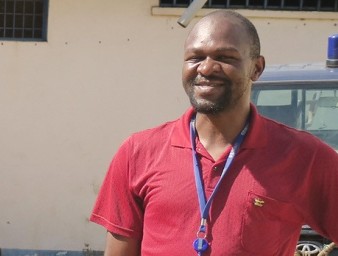South Sudan leaders must bring the conflict to an end
02 May 2014
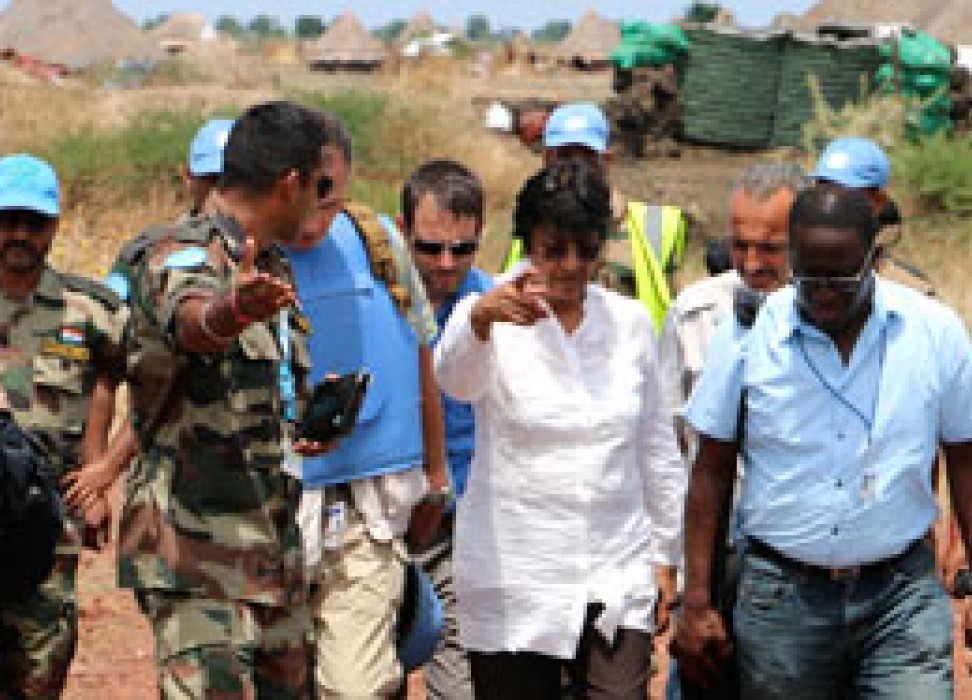
“Unfortunately, virtually everything I have seen or heard on this mission has reinforced the view that the country’s leaders, instead of seizing their chance to steer their impoverished and war-battered young nation to stability and greater prosperity, have instead embarked on a personal power struggle that has brought their people to the verge of catastrophe,” UN High Commissioner for Human Rights Navi Pillay said in South Sudan.
On a three-day official visit to the conflict-ridden new nation, Pillay met with various leaders in the country, including President Salva Kiir and, separately, opposition leader Riek Machar. Fighting broke in the world’s newest nation in December 2013.
She said, “It is essential that the South Sudanese people and the international community impress on the country’s political leaders that they must stop blindly dragging their people down the path of self-destruction.”
Pillay was accompanied by UN Secretary-General’s Special Adviser on the Prevention of Genocide Adama Dieng.
Dieng reiterated the call to end the conflict in the country: “At the end of the day what is critical is that the hostilities have to be ceased and that both leaders come together so that the people of this country, South Sudan will not be betrayed.”
UN Human Rights Chief Navi Pillay warned South Sudan’s leaders that investigations will look into the extent of their knowledge and action to prevent war crimes.
“Mr Dieng and I have warned those same leaders that current and future investigations will inevitably examine the extent to which political and military leaders either knew, should have known, or failed to take all necessary and reasonable measures to prevent war crimes and crimes against humanity committed by themselves or by subordinates under their effective authority and control,” Pillay said.
Citing recent murders, most of them civilians in the Bentiu area, and the retaliatory attack on displaced people sheltering at the UN Compound in Bor, which led to the death of at least 50 more people, the UN Human Rights Chief observed that South Sudan is on the verge of a calamity. She described the ongoing recrimination, hate speech, and revenge killings that have relentlessly developed in the past four months as “deadly.”
Aid agencies have warned against a looming famine because of the conflict which has prevented planting and will hence have devastating results on the country’s food supplies.
Humanitarian agencies are fearful that the resulting famine responsibility will lie on the country’s leaders, for failing to observe a cessation to hostilities in January. “I was appalled by the apparent lack of concern about the risk of famine displayed by bother leaders when I raised the issue,” observed Pillay.
The UN estimates 4.9 million people are currently in need of humanitarian assistance.
The visit, which took place from 28 to 30 April, came at the request of the Secretary-General Ban Ki-moon, who had expressed concern over the situation in South Sudan, where a conflict that began in mid-December 2013 as a political dispute between President Salva Kiir and his former deputy president, Riek Machar, is believed to have left thousands dead and forced tens of thousands to seek refuge at UN bases.
2 May 2014
